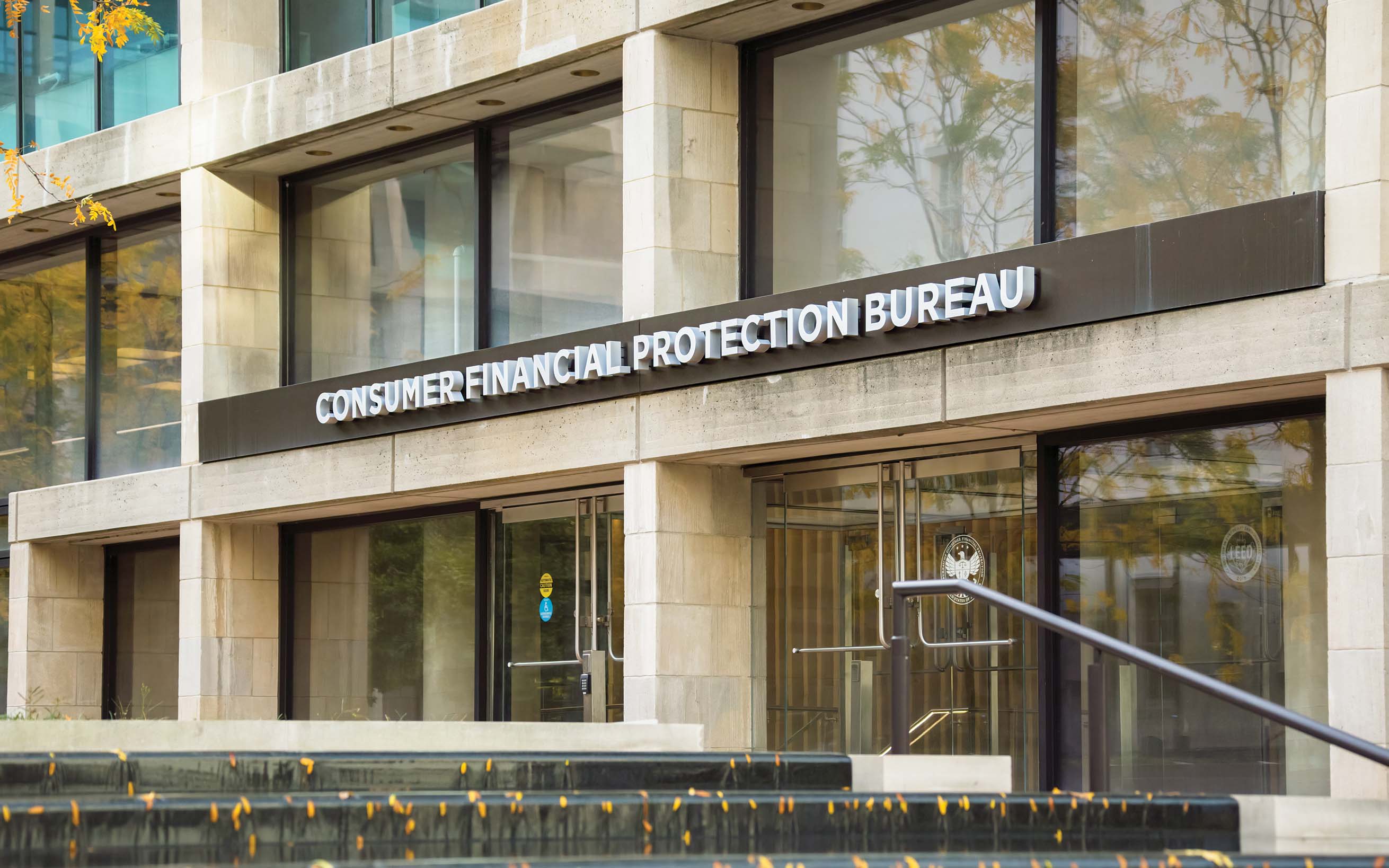ICBA is fighting a flawed proposal that would have the U.S. Postal Service enter the banking industry.
Aaron Stetter: Pushing back against postal banking
October 01, 2021 / By Dan Farmer
ICBA is fighting a flawed proposal that would have the U.S. Postal Service enter the banking industry.
The U.S. Postal Service should deliver mail, but not financial services. That’s the message ICBA is sending to Congress, regulators and the public as part of its “Postal Banking—A Flawed Proposal in Pursuit of a Worthy Goal” campaign.
The reported purpose of postal banking is to provide a “consumer-friendly” alternative to payday lending and check-cashing services for those without a bank account and to turn a profit to support the moribund finances of the USPS. The argument for the proposal relies on the supposed omnipresence of USPS facilities. Its “universal service obligation” requires it to maintain postal facilities and personnel in every ZIP code in the country.
Postal banking proponents fail to recognize that commercial bank branch locations outnumber post office locations three to one.
ICBA adamantly opposes allowing USPS to offer financial products and services and is actively pushing back against this potential misstep. Already the association has sent letters to Congress, the USPS Office of the Inspector General and the U.S. Postal Regulatory Commission.
A wrong-headed idea
Postal banking proponents fail to recognize that commercial bank branch locations outnumber post office locations three to one. There are 31,322 postal locations, but 627,409 branches and ATMs offered by private institutions, including community banks.
Moreover, under 10% of unbanked individuals have cited “inconvenient locations” as a reason for being unbanked, while 34% said they simply didn’t have enough money to keep an account open. ICBA estimates the postal service would lose hundreds of millions of dollars per year as a competitor against private institutions in the financial services sector.
The encroachment into these activities by a major federal agency would represent a significant, government-sponsored, competitive threat to the ongoing viability of the nation’s thousands of private-sector, tax-paying community banks.
Community banks and other financial institutions already offer low-cost financial services to underserved communities to help them break out of the payday lender debt cycle. According to the FDIC, 88% of banks offer small-dollar loans and 81% offer free counseling to underserved consumers.
3 flaws of the proposal
ICBA created a three-part series that highlights key reasons why postal banking would be an expensive mistake to make.
1. Postal banking would jeopardize mail delivery. The USPS has lost $6.4 billion per year since 2008. Meanwhile, it’s been struggling to maintain adequate delivery standards. In the holiday rush of December 2020, only 64% of first-class mail was delivered on time. Though delivery times have recovered somewhat since then, they remain below the agency’s target of delivering 96% of mail on time. Banking is a complex business that requires a massive investment in training, technology, compliance and capitalization. Rather than invest in an untested plan, USPS should focus on ensuring reliable mail delivery to the Americans who rely on it.
2. USPS doesn’t have the expertise to effectively run a bank. Successful banking requires specialized knowledge of risk management of assets and liabilities. It also requires huge investments in IT and physical security, regulatory compliance and technology to keep up with evolving consumer expectations. It’s neither simple nor inexpensive to convert a USPS post office into a retail banking location. An analysis of potential legislative mandates in the Postal Banking Act, introduced by Sen. Kirsten Gillibrand (D–N.Y.) in the last Congress session (S. 4614), suggests a USPS bank would lose millions of dollars annually.
USPS simply does not possess the know-how to succeed at banking, and the agency would likely fail at the twin objectives of postal banking: increasing access for the unbanked and generating revenues to support postal operations. It’s a model designed to fail.
3. The U.S. should invest in existing infrastructure to reach the unbanked. Rather than make a risky investment in an untested concept, the U.S. would better reach the unbanked by leveraging existing infrastructure. Community banks originated nearly 60% of Paycheck Protection Program (PPP) loans despite comprising just over 18% of the industry’s assets, demonstrating how community banks reached 98.5% of low-income counties, 97% of rural counties and 93.8% of urban counties.
Other worthy alternatives include providing additional support to our nation’s minority depository institutions (MDIs) and community development financial institutions (CDFIs) with experience working with minority and low-income communities. Increasing broadband access would also expand access to technology that enables economic inclusion.
ICBA will continue to oppose funding for a postal banking pilot project. It would be a serious mistake for the USPS to enter a highly competitive, complex new industry with the potential to ruin itself and its core function and put American tax dollars at further risk.
Subscribe now
Sign up for the Independent Banker newsletter to receive twice-monthly emails about new issues and must-read content you might have missed.
Sponsored Content
Featured Webinars
Join ICBA Community
Interested in discussing this and other topics? Network with and learn from your peers with the app designed for community bankers.
Subscribe Today
Sign up for Independent Banker eNews to receive twice-monthly emails that alert you when a new issue drops and highlight must-read content you might have missed.
News Watch Today

Join the Conversation with ICBA Community
ICBA Community is an online platform led by community bankers to foster connections, collaborations, and discussions on industry news, best practices, and regulations, while promoting networking, mentorship, and member feedback to guide future initiatives.












